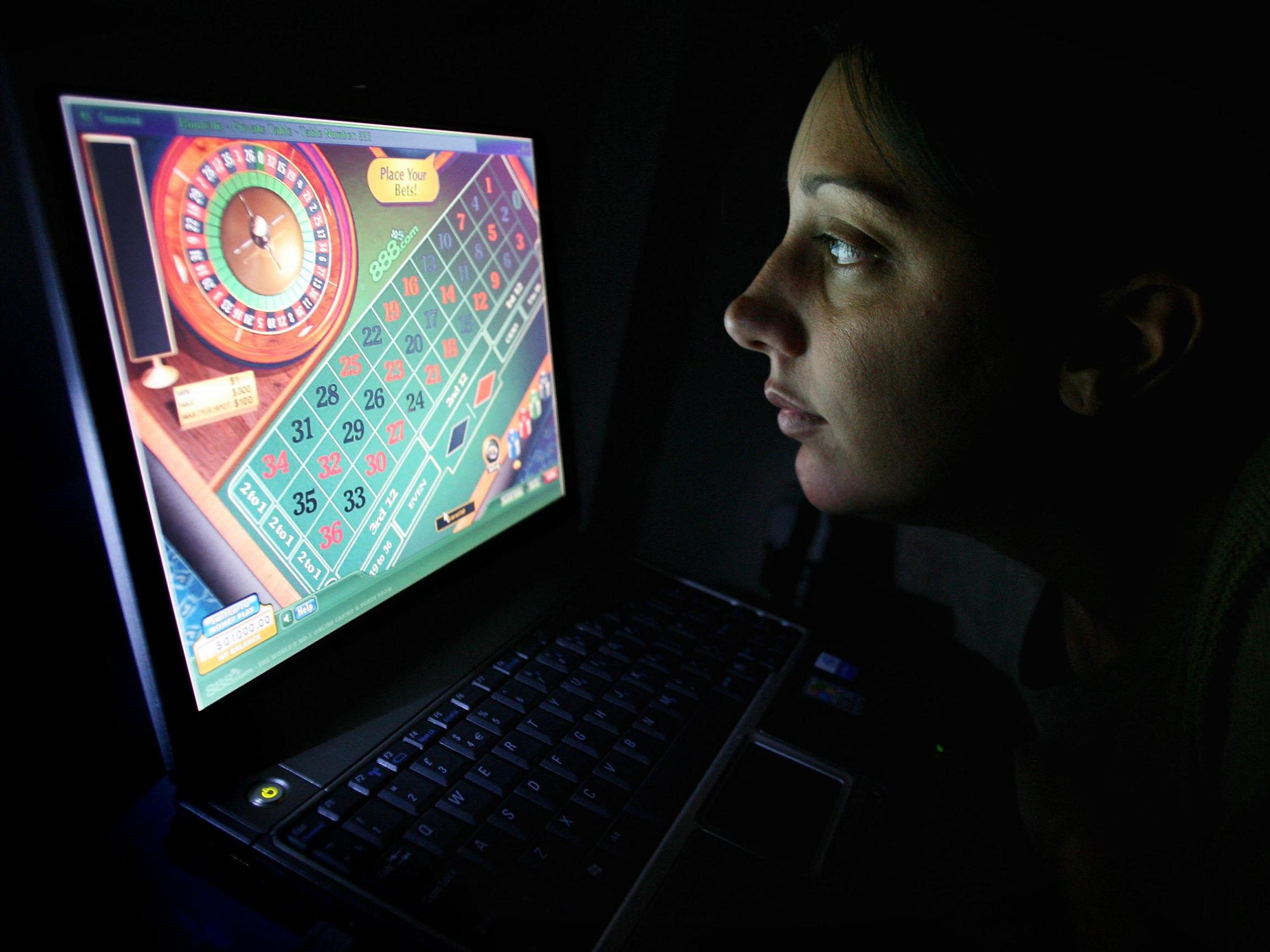If you don't think the Government should take action on gambling, you need to hear what happened to me
At 17, I was already enough of a problem gambler to carry a forged passport. But I still count myself lucky compared to some of the people I've seen


Imagine a dystopian future in which a tax-greedy government is the willing accomplice of dealers peddling a destructive drug, and turns the blindest of eyes to the lives being destroyed.
But you don’t need your imagination, because this is not a dystopian future. This is the reality now.
The drug is gambling, and specifically the game that has seeped out of casinos into the high streets and laptops of Britain.
Roulette, as this week’s pitifully half-hearted Gambling Commission report about fixed odds betting terminals (FOBTs) acknowledges, is no harmless amusement.
It is, as someone once put it, the crack cocaine of gambling: one exhilarating hit, and you (if you are predisposed to addictive behaviour) can be hooked.
That someone was me, as it happens, in an article warning about FOTBs in 2003, weeks after they landed on the sticky floors of Betfred and Ladbrokes. It was written from the perspective of a recovering roulette-aholic whose recovery was being casually put at risk.
That one exhilarating hit had come in an Algarve casino in 1981. At 17 years old, I was technically underage, but already enough of a problem gambler to forge a temporary passport. A sideways stroke of biro turned 11 November into 4 April. That made me 18, and old enough to play.
For my very first spin, I put a 50p chip on the line between 17 and 20.
When the ivory ball landed into 20, the croupier pushed £85 towards me. In my innocent confusion about chip colourings, I’d bet a fiver. It paid off at 17 times the stake, but beginner’s luck it was not. I was hooked.
The ensuing years brought less profitable nights. In Cannes, after blowing two months’ wages, I swore a solemn oath never to play again. At 6pm the next day, I was outside the door waiting for it to open.
Such disasters followed me around the world, but never here. Sensibly, restrictive gaming laws prevented you from ambling into a British casino. You had to apply for membership, and wait three days. By the expedient of not applying, temptation was avoided.
And then, under a Labour government, roulette hit the high street in even more addictive form. In casinos, what with the placing of chips and paying out of winning bets, each spin takes a few minutes. On an FOBT, it takes 20 seconds. The psychochemicals – adrenaline, serotonin, dopamine – flood the brain with devastating frequency.
You didn’t have to be clairvoyant to see the future back in 2003. All you needed was to watch a guy take an hour to blow the £1,200 he’d been saving for years to take his kids to meet their grandparents in Tirana.
The Albanian man I observed at the neighbouring machine in a Bayswater William Hill was betting no more than £20 a time. So in recommending to the Government that the maximum bet per spin be reduced from £100 to £30, the Gambling Commission is as guilty of irrelevance as cowardice.
The £2 maximum it was expected to advocate would make a real difference. Bringing the stakes and potential jackpots in line with a fruit machine’s would replace the violent exhilaration with something closer to relaxedness. Crack would be downgraded to weed.
But even that would miss the point. FOTBs have been joined by online casinos – and while Ray Winstone bets responsibly with Bet365, not everyone has his iron discipline.
A recent relapse found me betting irresponsibly with Bet365. Avoiding the bookies had been hard enough, but avoiding the few computer clicks to transport me to the virtual roulette table proved, for a few weeks, impossible.
There, a spin need not take 20 seconds. The addict can click on “stop” immediately after clicking “play” to bring up the predetermined winning number – and instantly click “rebet and play” to start the next sequence. In a few minutes, I did several hundred quid, staking at most a tenner a time.
In this one respect, I am a lucky gambler. I seem able to draw back, just about, from the edge of the abyss. Nauseated by the physical craving, petrified of where it might lead, I transferred what remained in the account to the bank, and haven’t been back since.
Others beyond counting are less fortunate. Addicts in shops and online are predominantly the young, working class males at whom the commercials which monopolise sports channels’ ad breaks are targeted. You very seldom see anyone over 30 (apart from Ray) or with a uterus in these fantasies, where every bet is landed and every spin greeted with jubilation.
Some will lose their jobs and marriages, and some will steal to fund the addiction. The collateral damage includes homelessness, domestic violence and terrorised children robbed of whatever life chances they had.
“When the fun stops, stop,” runs one online gaming firm’s mantra. But there is no fun in addiction, and less in being the partner or child of an addict.
What needs to stop is the policy of cynically enabling these firms to capitalise on frailty. The only reason this Government tolerates it, as its predecessors did, is that it calculates the increase in the sum of human misery as worth less than the increase of its revenues. But then whoever heard of a drug dealer who didn’t?

Join our commenting forum
Join thought-provoking conversations, follow other Independent readers and see their replies